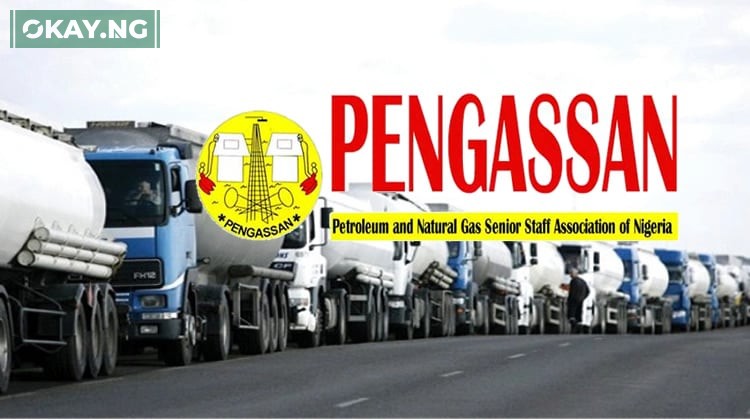Nigeria is bracing for severe disruptions in fuel distribution and electricity supply as the Petroleum and Natural Gas Senior Staff Association of Nigeria (PENGASSAN) begins an indefinite strike. The industrial action, which commenced at midnight on Monday, has already forced oil marketers and power companies to raise alarm over its devastating impact on the economy.
The association’s directive halts crude oil and gas supply to the Dangote Petroleum Refinery. Oil marketers warn that this move could push petrol pump prices higher, worsen fuel scarcity, and erode investor confidence.
Power Sector Shutdown
Thermal power generation companies, responsible for over 70 percent of Nigeria’s electricity supply, confirmed they have been ordered to shut down due to the strike. This threatens to plunge the nation into darkness and cripple businesses.
“All processes involving gas and crude supply to Dangote Refinery should be halted immediately,” a union resolution stated.
Workers’ Sack Sparks Crisis
The emergency strike follows the dismissal of over 800 workers at the Dangote Refinery. PENGASSAN accused the company of replacing Nigerian staff with foreigners, a violation of both Nigerian labour laws and International Labour Organisation (ILO) conventions.
Speaking on Sunday, PENGASSAN President Festus Osifo warned: “We will not surrender unless the affected workers are re-employed by Dangote.”
Stakeholders’ Reactions
Independent Petroleum Marketers Association of Nigeria spokesperson Chinedu Ukadike warned of “unnecessary galloping inflation” if the Federal Government fails to act. Similarly, Joy Ogaji of the Association of Power Generation Companies said: “Please all be notified of imminent darkness, as hydros alone cannot sustain the system.”
Meanwhile, the Trade Union Congress backed PENGASSAN, demanding reinstatement of workers and threatening broader national action.
Government and Dangote Response
Labour Minister Muhammadu Dingyadi appealed for calm, while Dangote refinery dismissed the strike as “reckless and lawless.” The company maintained that dismissals were tied to safety and efficiency, not anti-union victimisation.
With the refinery and major thermal plants shut down, fears mount that Nigeria could face inflation, fuel shortages, and prolonged blackouts unless urgent dialogue begins.
okay.ng reports that all eyes are now on the emergency meeting called by the Labour Minister to break the deadlock.







